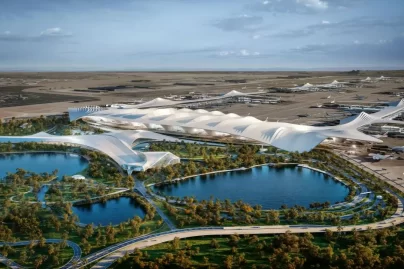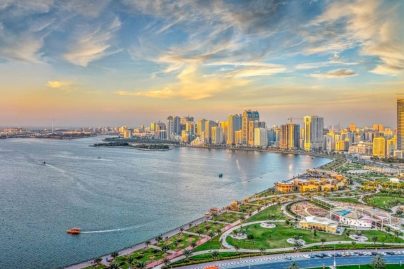GCC firms penetrate Saudi Arabia, seizing US$3 trillion investment prospects
Tue 06 Feb 2024
Dubai: GCC companies are expanding into Saudi Arabia to capitalize on the vast opportunities arising from $3 trillion in foreign investments as part of Saudi Vision 2030. By obtaining new business licenses or setting up branches, firms are aligning with the Kingdom’s ambitious development plans. With over 88,858 new licenses issued in Q1 2023 and initiatives like the Shareek program, Saudi Arabia is poised for significant economic growth. The National Investment Strategy outlines key sectors for investment, aiming to boost private sector GDP contribution to 65% by 2030.
Despite complexities in the licensing process and varying costs, Saudi Arabia offers lucrative prospects for investors, especially in sectors like mining. With massive infrastructure projects underway, the demand for skilled professionals is surging. While some opt for full foreign ownership, many prefer local partnerships for cost efficiency and regulatory benefits. However, choosing the right local partner is crucial for smooth operations. Saudi Arabia, boasting a population of 32.2 million and a GDP of $1.1 trillion, is an economic powerhouse in the Gulf. With ambitious projects like the expansion of Riyadh and a focus on diversifying the economy, the Kingdom presents immense opportunities for investors.
The government aims to boost the non-oil sector, create jobs, and attract private sector investments to drive sustainable growth. Through strategic projects and private sector partnerships, Saudi Arabia aims to position itself as a leading economic and cultural hub in the region.
Aziz Ali, CEO of Evergreen Businessmen Services, highlights the intricacies of business licensing in Saudi Arabia, with costs ranging from SR55,000 to SR130,000, depending on the business type and associated fees. While the government charges for licenses range from SR2,000 to SR62,000, Ali emphasizes the importance of navigating local laws and regulations to avoid delays and additional expenses. Despite offering 100% foreign ownership options, many opt for local partnerships due to lower costs and regulatory benefits, such as tax exemptions. Ali acknowledges the potential challenges posed by local partners but offers assistance in finding reputable Saudi nationals to protect investors’ interests.
Saudi Arabia, with its robust economy and ambitious development plans, presents significant investment opportunities, particularly in mega-projects like the $800 billion expansion of Riyadh aimed at transforming it into a regional economic and cultural center by 2030.
Read This Also: Britain invests 100 million pounds in AI research and regulation

 Apr 28 2024
Apr 28 2024












